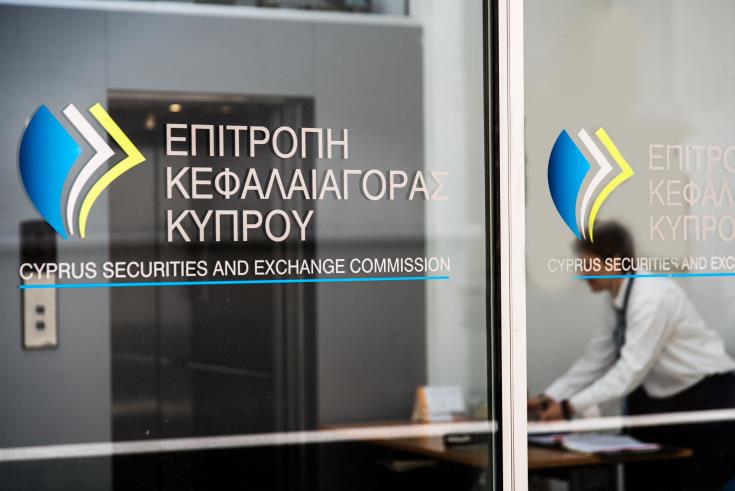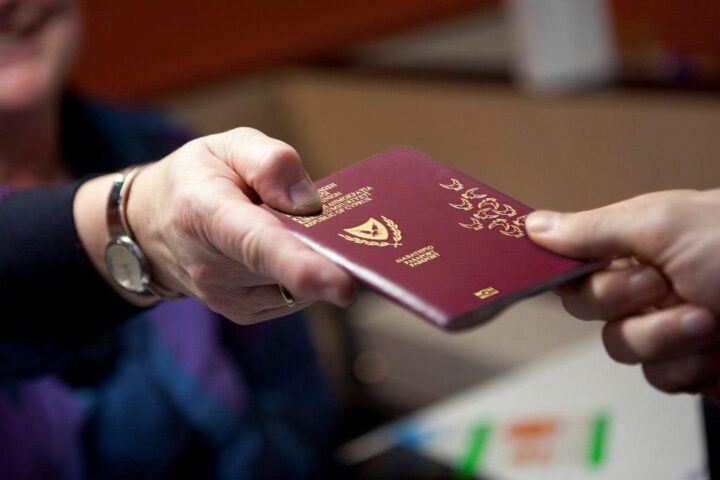For more than seven years, Cyprus’ reputation has been tainted by the Jho Low scandal, with the high profile Malaysian criminal successfully obtaining a Cypriot passport in exchange for millions in real estate investments and hundreds of thousands in donations to the Church of Cyprus.
The late archbishop himself admitted he offered his services for Jho Low to obtain citizenship, allegedly without any knowledge of his past.
According to the 2021 OCCRP report, “by 2015, the Malaysian financier had become the face of the now-infamous 1MDB embezzlement scandal. His theft of billions from Malaysia’s sovereign wealth fund had been widely reported… .
“Technically known as Citizenship by Investment, the Cypriot ‘golden passport’ programme was meant to attract wealthy foreigners seeking European Union passports.
“But in the eyes of critics, its main effect was to make Cyprus a go-to destination for kleptocrats and criminals who wanted to pay their way into the bloc. It also proved lucrative for a small army of lawyers and financial service providers who greased the wheels.”
Now, the new president has vowed to put an end in the ways that haunted Cyprus.
Some suggest that the new initiative was engineered by US authorities. It is well known that the United States have the power to stop transactions in dollars in any commercial bank around the world or place sanctions that can ultimately render a bank as good as dead without its correspondent banking.
Nikos Christodoulides’ job, however, is to look at the wider picture and make sure that Cyprus’s reputation as a legitimate investment and financial services destination is restored.
In the past, accountants and lawyers in Cyprus had their own associations regulating and supervising their members, but the conflict was hidden in plain sight. The results of this arrangement have failed expectations.
Now, the president wants a single regulator for corporate and administrative services that is independent both in fact and appearance.
We endorse this decision, despite strong opposition from the Cyprus Bar Association.
President Christodoulides’ determination to go ahead with his government decision for a single regulator will certainly pay dividends now and in the future. But most importantly it will spare Cyprus of the continuous international embarrassment of defending one scandal after another.
To task CySEC
The new proposal is to assign the task to the Cyprus Securities and Exchange Commission or CySEC, the equivalent of the British FCA.
Chairman George Theocharides promised to discuss the new proposal with the government and in a press conference this week he noted that his agency would need to have the necessary resources in order to be able to carry out this task.
Despite its anti-money laundering supervisory expertise, CySEC will need to hire and train new people and expert forensic accountants, before taking over such an enormous supervisory challenge.
Already, CySEC is trying hard to meet existing goals and challenges posed by the financial services market it is tasked to regulate.
“This is a proposal that I put forward in 2019-2020, while I was still in office at CySEC in order to strengthen the credibility of Cyprus,” Demetra Kalogerou, the former CySEC chair, told us.
“You can’t have the respective professional associations of accountants and lawyers supervising the work of their own members for AML issues and claim that this process is independent.
“No matter how hard these associations try to perform independent investigations, they will always appear biased towards their own members and that has probably impacted
the reputation of Cyprus. Although I haven’t looked at the bill yet, I strongly believe that this decision of the government is in the right direction.”










